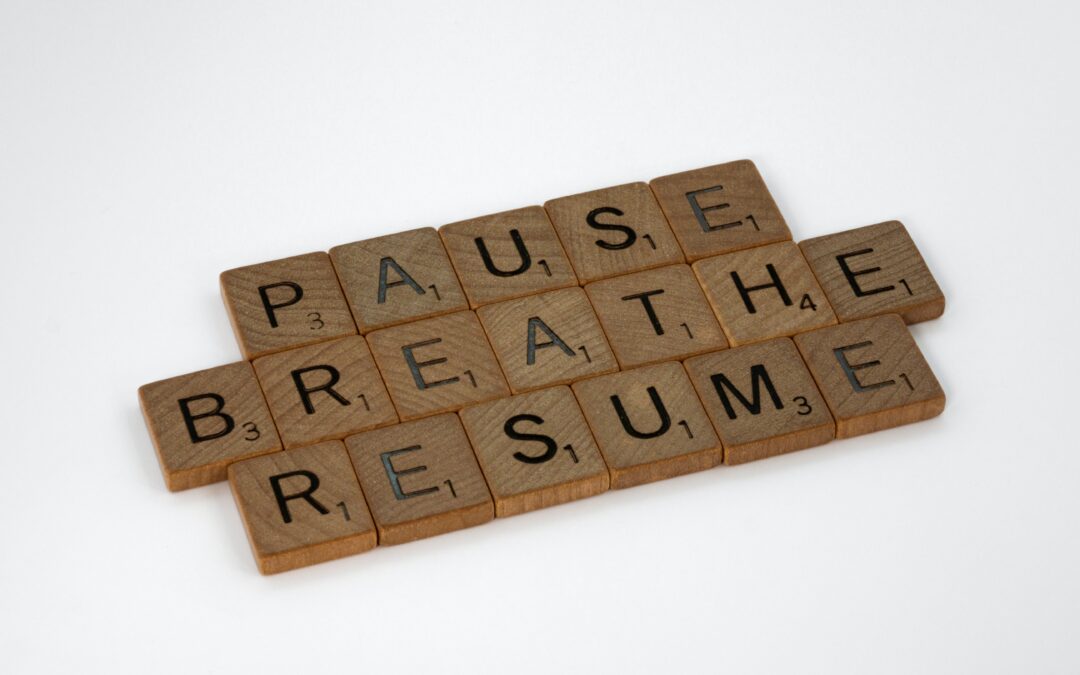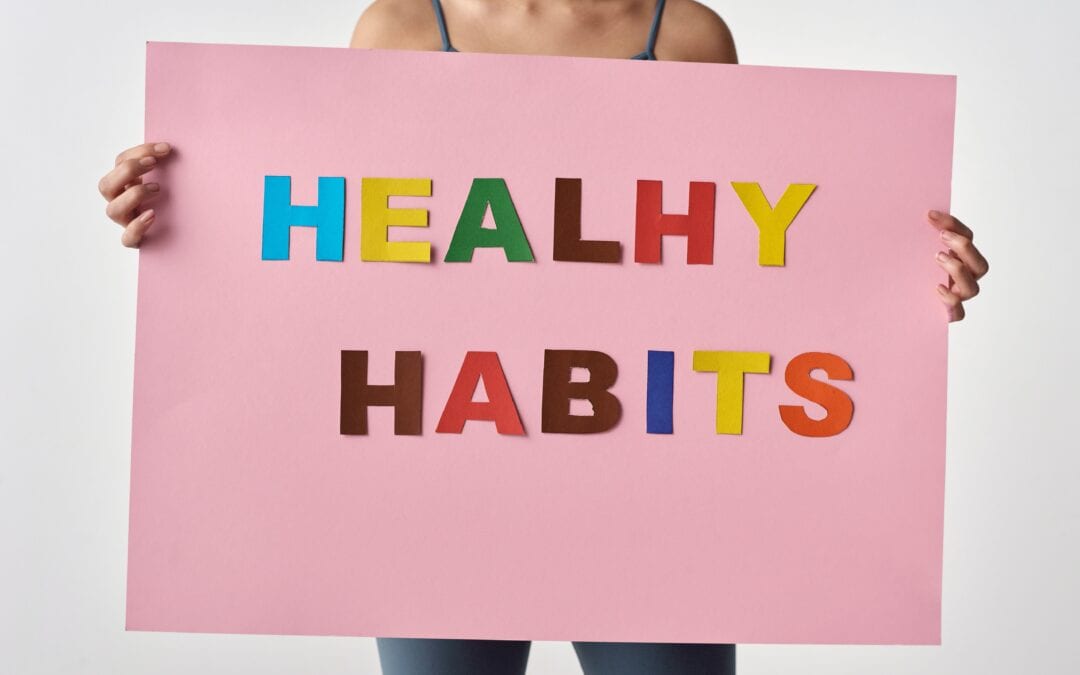
How to Do a Hard Reset to Make Big Changes in Your Life Quickly
There’s a lot to be said for making a series of small changes to your life and taking your time. It’s an effective way of changing your life with a minimal amount of stress. But, what if you’re impatient? How to Do a Hard Reset to Make Big Changes in Your Life Quickly
What if your life is such a mess that you’re willing to risk being uncomfortable to have a chance of changing your life quickly? In this case, there’s another option.
If you want to make big changes quickly, you can do a hard reset. Doing a hard reset on your cell phone erases everything and allows you to start over from scratch. You can do the same thing in your life if you’re tough enough.
A hard reset can be in just one part of your life or can encompass several aspects of your life. How to Do a Hard Reset to Make Big Changes in Your Life Quickly
- Changing careers
- Ending a relationship
- Moving to a new city
- Losing a dramatic amount of weight
Hard resets are big, serious, and require a lot of time and focus.
If you’re ready to make a big change quickly, follow this process of proven strategies:
1. Have a vision for what you want to accomplish. A big change requires a big and clear goal. What change do you want to make to your life? How to Do a Hard Reset to Make Big Changes in Your Life Quickly
> Do you want to move to the beach?
> Find someone that is a better match for you
> Quit your job and go back to school?
> Lose 75 pounds?
> Run an ultramarathon?
2. Clear the junk out of your life. This includes possessions, people, and obligations that don’t add significantly to your life. People carry too much dead weight through life.
> Big goals require sacrifices to be made. You might have to cut-off your high school friend, quit playing darts on Saturday nights, or throw your ukulele in the trash. How to Do a Hard Reset to Make Big Changes in Your Life Quickly
3. Decide on the most important actions to take. We like to be busy. It feels like we’re doing something. But we don’t necessarily like to do the most effective tasks, because they’re uncomfortable or inconvenient. That mentality isn’t an option if you’re doing a hard reset. You have to be tough on yourself.
> Cutting off your food after dinner and taking a walk is a lot more effective than eating low-fat artificially sweetened brownies on the couch. How to Do a Hard Reset to Make Big Changes in Your Life Quickly
> Approaching five interesting strangers each day is more effective than rewriting your personal ad profile for the 8th time.
> Cold calling is more effective than tweaking your website that no one visits anyway.
> Find the most effective actions and focus on those.
4. Schedule your time. You have 168 hours in the next week. If you sleep for 7 hours each night, that leaves 119 hours. If you’re working 40 hours a week, you still have another 79 hours left to use as well as you can. Even if you work 60 hours, that’s still a lot of time left over! How to Do a Hard Reset to Make Big Changes in Your Life Quickly
> Make a plan for each day.
> Each night, make an even better plan.
> Execute your plan.
5. Realize the truth. If you’re spending all of your available time taking the most effective actions, how could you not be supremely successful at what you’re trying to accomplish?
> Success isn’t a secret. It’s just that the obvious path to success looks miserable to most people.
The only issue you really have is yourself. With time, intention, and a little courage, it’s possible to make dramatic changes to your life very quickly.
A hard reset isn’t for everyone. Many people would have better luck making small changes over the course of several months. How to Do a Hard Reset to Make Big Changes in Your Life Quickly
On the other hand, some people are capable of moving faster and handling more pressure.
Which type of person are you? Go for it, in the way that works best for you. Either way, you’ll see success. How to Do a Hard Reset to Make Big Changes in Your Life Quickly
How to Do a Hard Reset to Make Big Changes in Your Life Quickly
What’s your level of emotional intelligence?
Find out if your emotional intelligence is helping or hindering your growth! .

I am a Board Certified Life Coach, a Board Certified Health Coach, and a teacher of Mindfulness Living who helps people unlock their potential and live life on Purpose
How to Do a Hard Reset to Make Big Changes in Your Life Quickly
Receive, via email, our Action Guides, EBooks, Worksheets, Checklist, and Life Tips we only share with our communtiy
Don't Wait Any Longer. Start Forging Your Own Path Today!
How to Fight Negative Thoughts and Feelings
https://www.theladders.com/career-advice/need-immediate-change-heres-how-to-hit-reset-on-your-life https://www.theemotionmachine.com/the-power-of-a-hard-reset-in-your-life-when-its-time-to-make-a-big-change-and-start-anew/ https://www.wikihow.com/Reset-Your-Life https://www.inc.com/john-brandon/7-steps-to-a-hard-reset-in-work-and-life.html https://www.lifehack.org/810843/how-to-start-over https://whatnownat.com/reset-routine-get-your-life-together-in-one-day/




